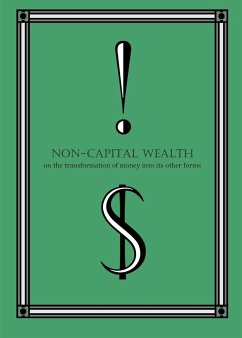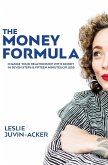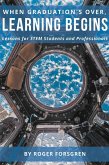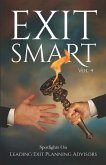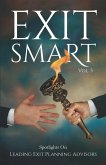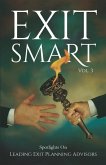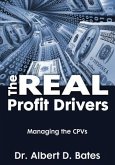When we spend money, what is it that we're buying? Most of the time we're not buying more money. Instead we're buying the necessary items for health, leisure, or security. We trade in talents, labor, or relationships. Where many of us struggle to make enough money, we still manage to obtain the things we need through our relationships with others, the use of our skills for their benefit, or the attitudes we adopt for needing to buy whatever it is in the first place. This book takes our old notions of money and tacks on three other kinds of capital--social, psychological, and emotional--and explains why, despite what we've been taught, these are not interchangeable with money. The difference is in how abstract the things we're measuring might be, and whether we can agree on the worth of those things. When you can't easily agree on a thing's worth or abstractness, you can't easily use money. So many of our money-related dreams don't depend on money at all. In fact, using the wrong kind of capital can actually take *away* from those dreams (as in "buying" friends or "feeling" a skill instead of practicing it). This book lays out the four forms of capital, and how you can develop them. Once we've discussed everything on the individual level, we move over to micromarkets--little mini-markets where you and a few friends can trade your skills towards something beyond the job. Finally, we discuss a perspective on different socioeconomic levels, and advance a programmatic solution to the growing problem of (capital) inequality in our society. This book contains activities that you can use as practical steps towards separating the parts of your goals that use or don't use money. It's aim is to help the reader truly follow alternative routes to the life her or she would love to lead--regardless of how much traditional wealth may be available.

